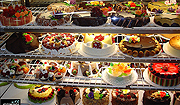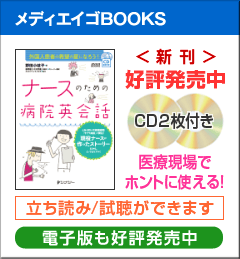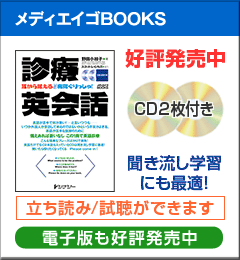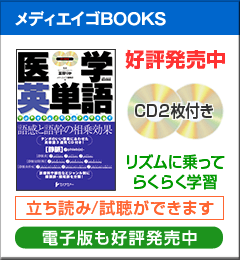

(C) flickr & WTL photos
脳は食べ物の味に反応するのではなく,カロリーに反応するらしい。カロリーのない人工甘味料やダイエット炭酸飲料を使って減量に挑戦しても,結局それだけでは満足できず,カロリーのあるものをとって減量に失敗してしまう人が多いが,それはこうした脳の反応に関係しているようだ。味覚が正常なマウスと甘さの分からないマウスに,水,砂糖水,人工甘味料の入った水を与え続けたところ,どちらのマウスも水より砂糖水を好むようになったが,水より人工甘味料を好むようにはならなかった。これは,マウスが水に含まれるカロリーに反応するからと考えられる。ちなみに,快楽や学習に関連するドパミンの分泌は,甘みとカロリーのいずれでも促進されていたそうだ。(吉田素子)
Researchers(1) at Duke University Medical Center have discovered that the brain can respond to the calorie(2) content(3) of food, even in the absence of taste.
Their findings about the brain's dopamine-reward system(4) may help shed light on(5) why many people who drink diet sodas(6) still gain weight. A mismatch(7) between artificially(8) sweet taste and zero calorie content may lead to some kind of rebound(9) eating that may in part be explained by these results: the brain is wired to(10) respond to both calorie content and sweetness(11).
For years, scientists have known that when mammals(12), including humans, taste sweet foods, dopamine(13) levels increase in the ventral striatum(14), a brain region(15) related to reward and reinforcement(16). The neural pathways(17) have been well established for palatability(18) (the power of a food to make one eat it spontaneously(19) and with gusto(20)) as food is being eaten. With this set of experiments, the Duke team studied the brain's response to food after it was ingested(21).
Using mice that lacked sweet-taste receptors(22) as a model(23), the researchers studied behavior(24) as well as neural responses(25) in the study published in the journal Neuron(26) on March 27.
Mice that were unable to taste sweetness, either in real sugar (sucrose(27)) or artificial sweeteners(28) (sucralose(29)), developed preferences(30) for real sugar but not non-caloric(31) sweetener. Mice with normal taste receptors also developed the same type of preferences.
"The fact that sweet-blind(32) animals are conditioned(33) by sucrose only, demonstrates that they can detect(34) this sugar because of its caloric content and adequately(35) modify(36) their behavior to obtain(37) this reward, independent of(38) taste input(39)," said researcher Albino Oliveira-Maia, of the Duke Department of Neurobiology(40) and the University of Porto in Portugal.
(1) 研究者 (2) カロリー (3) 含有量 (4) ドパミン報酬系 (5) 明らかにする (6) ダイエット炭酸飲料
(7) 不釣合 (8) 人工的に (9) 反動による(リバウンドによる) (10) ~するように配線されている
(11) 甘さ (12) 哺乳類 (13) ドパミン (14) 腹側線条(情動的・衝動的行動に関連すると考えられている
脳の中の一部分) (15) 領域 (16) 強化 (17) 神経経路 (18) おいしさ,味 (19) 自発的に
(20) 嬉々として(おいしそうに) (21) 摂取される (22) 受容体 (23) (実験)モデル (24) 行動
(25) 神経反応 (26) ニューロン(雑誌名) (27) ショ糖 (28) 人工甘味料 (29) スクラロース
(30) 嗜好 (31) カロリーのない (32) 甘さの分からない (33) 条件付けられる (34) 検知する
(35) 適切に (36) 修正する (37) ~を手に入れる (38) ~と無関係に (39) 投入(入力)
(40) 神経生物学


